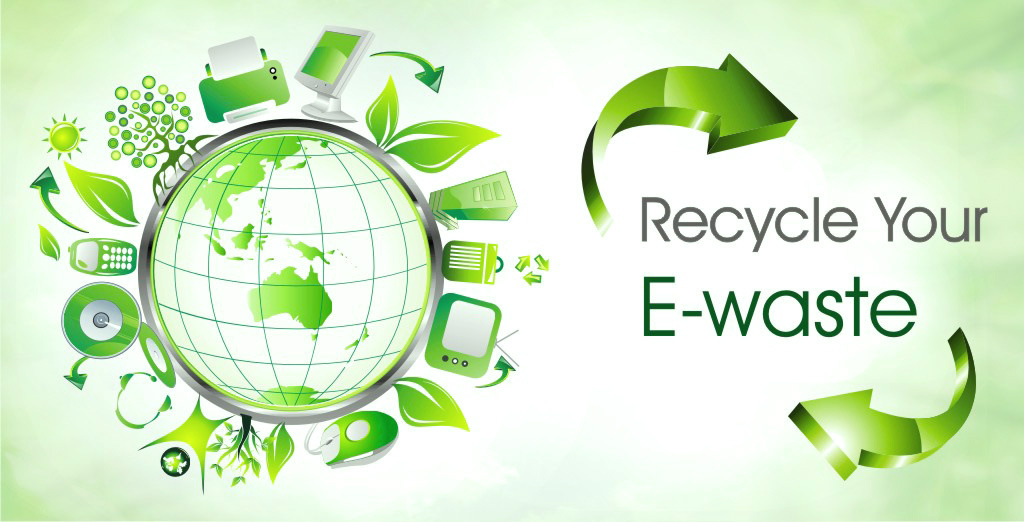
The Risks Associated with Improper E-waste Recycling
Electronics are simply everywhere. They are controlling us in one too many ways- from getting our meals to providing us with seamless connectivity with an aunt living a few oceans away.
But with the number of electronics surpassing our expectations and controlling power, it’s improper disposal of e-waste comes as a surprise to no one.
In fact, we see heaps and heaps of surplus and inutile VOIP phone equipment being discarded daily. We have the yearly data, yes, but the government mainly looks into the ones that have been registered, the ethical ones. Tons of electronic waste gets disposed unethically across the globe and we have no way to keep a track of them.
Whether they have resulted from an acute performance failure, technology migration, or are simply an unfortunate victim of an unavoidable business situation- unwanted and obsolete IT equipment basically become a part of the ‘Global e-Waste Dumping’.
While many IT and electronics companies have their recycling policies in papers, it doesn’t guarantee that they have been active in proper e-waste recycling events. You might have just been disassembling the equipment for intact parts that would then be sent back to the manufacturer. What happens to the rest, unfit for reuse, bits, and pieces? Will they end up at the nearby inferno?
Before we go deep into the E-waste recycling hazards, it’s essential to know what exactly e-waste is. Let’s find out.
What is E-Waste?
E-waste, or Electronic waste, is a collective term referring to the high-tech garbage that may include all the electronic items (intact, dismantled, shredded or ground) that no longer serve their purpose, or simply are discarded by the users.
Whether it’s your old and obsolete computer or tons of industrial electronic chips and pieces, they are all classified under e-waste.
Sadly, despite being coined as garbage, electronic waste is not biodegradable. It, thus, poses greater health and economic threat. E-waste won’t just dissolve into the soil, not without affecting the fertility in the area.
By 2014, we had produced around 41.8 million tonnes of e-waste globally, according to a study published by the United Nations University. Undoubtedly, this level must have increased to several folds by this year.
The same report stated that only a small chunk of reusable material out of US$52 billion was extracted and treated for further use, or even disposed of in an eco-friendly way. Additionally, only one-sixth of the 41 .8 million tonnes of e-garbage was properly recycled. Now, you can imagine the present situation.
| | Also Read: E-Waste Recycling and Disposal – 10 Facts You Should Know |
How does e-waste affect our environment, though?
Environmental Risks
This goes without saying that the health and environmental hazards posed by irresponsible e-waste disposal are many. What contributes to it?
Basically, such electronic components contain toxic materials in varying degrees that contribute directly to a disrupted ecosystem. The dangerous traces of methyl, cadmium, arsenic, and mercury then seep into the soil, polluting the groundwater. If thrown in an inferno, the burnt cadmium along with other toxic substances can very well pollute the air. Many of the chemical compounds present in the electronics are cancerous in nature.
While burning the components is a major part of it, the polluted air isn’t just caused by them. In fact, just throwing them into the trash can lead to poor air quality.
A lot needs to be done, but we may start with being responsible in our e-waste recycling ways. Getting a well-versed ITAD (IT Asset Disposition) partner for yourself is a good way to start, though.
Responsible E-Waste Recycling Solutions
We all want to be responsible, there is no doubt in that. Of course, we don’t want to end up resolving legal matters at the end, do we? This is why we suggest you to never opt for an e-waste disposal process without proper guidance.
There is a whole lot to e-waste recycling and a lot of reusable material can be missed, which we cannot afford.
Choose an ITAD company that would help you dispose of your surplus (and recyclable) materials by following proper responsible recycling standards laid by the state, combined with a zero landfill policy.
From hand disassembling of the fragile equipment, data destruction, to the final disposal- we need a partner that would ensure you get the maximum of our initial investment. We need an environmentally green alternative and Telecom Recycle could help! Get in touch today.
